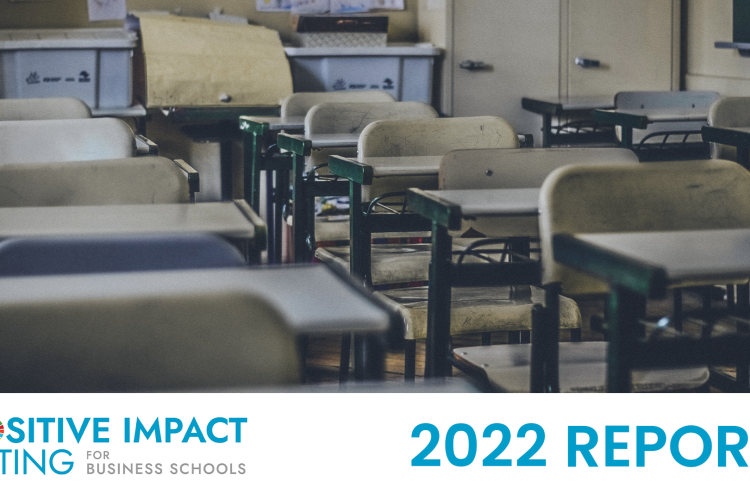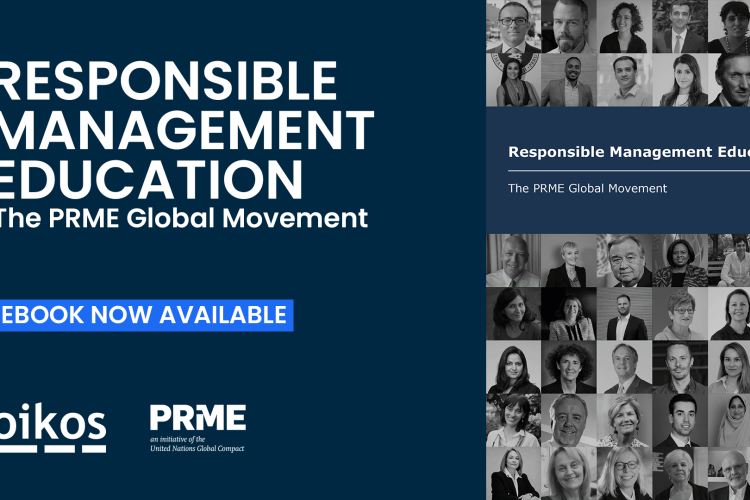Abstract
Tongwei Group (China) (hereinafter referred to as “Tongwei”), started as an aqua-feed (fish feed) producer in the 1980’s when the country was just beginning the economic opening up policy. The company’s world-leading technologies in aqua-feed and pet feed earned itself international reputation and political spotlight, and it was entitled as the country’s “Key Leading Enterprise in Agricultural Industrialization”. However, even with such a leading position in aqua-feed market, Tongwei decided to enter the photovoltaics (PV) energy industry in 2006, when solar energy industry was advocated as a booming strategic new industry in many regions in China. Did Tongwei, like many other Chinse private enterprises, simply rush to this industry with blindness? Or did it enter it with calculated purposes? How could Tongwei, with its competitive advantage in the seemingly non-related aqua-feed industry, diversify into an innovative and influential PV energy company? The riddle lied in the company’s ambidexterity. On the one hand, Tongwei cautiously exploited the ‘red ocean’ PV energy market as a follower; on the other hand, Tongwei audaciously explored the tremendous potentials in the ‘blue ocean’ market by actively engaging in corporate-political activities with long accumulated political connections and appointments of Hanyuan Liu, the founder and board chairman of Tongwei. Although Liu is an active entrepreneur with experienced government connections at different levels, he did not seek business opportunities by bluntly capitalizing on the ‘institutional void’. Rather, Tongwei’s successful diversification into a sustainable business relied on its proactive engagement in and noticeable contributions to filling an institutional void, i.e., creating opportunities by making institutional contribution.
The case portrays the evolution process of China’s private enterprises towards sustainability. It can help decipher how Chinese private firms identify and seize new opportunities through market-political ambidexterity when transforming to sustainable businesses. The primary focus of this case is to highlight the co-evolution process in emerging markets like China where political connections and business opportunities are tightly interwoven and mutually reinforced in transition to sustainability. In particular, this case seeks to answer: What drove Tongwei to engage in sustainability-oriented business? How could Tongwei continuously explore and capture opportunities in solar photovoltaic (PV) industry? How should Tongwei further solidify its “Dual Main Businesses” model to grow into a business leader in leveraging sustainability?
[table id=142 /]



